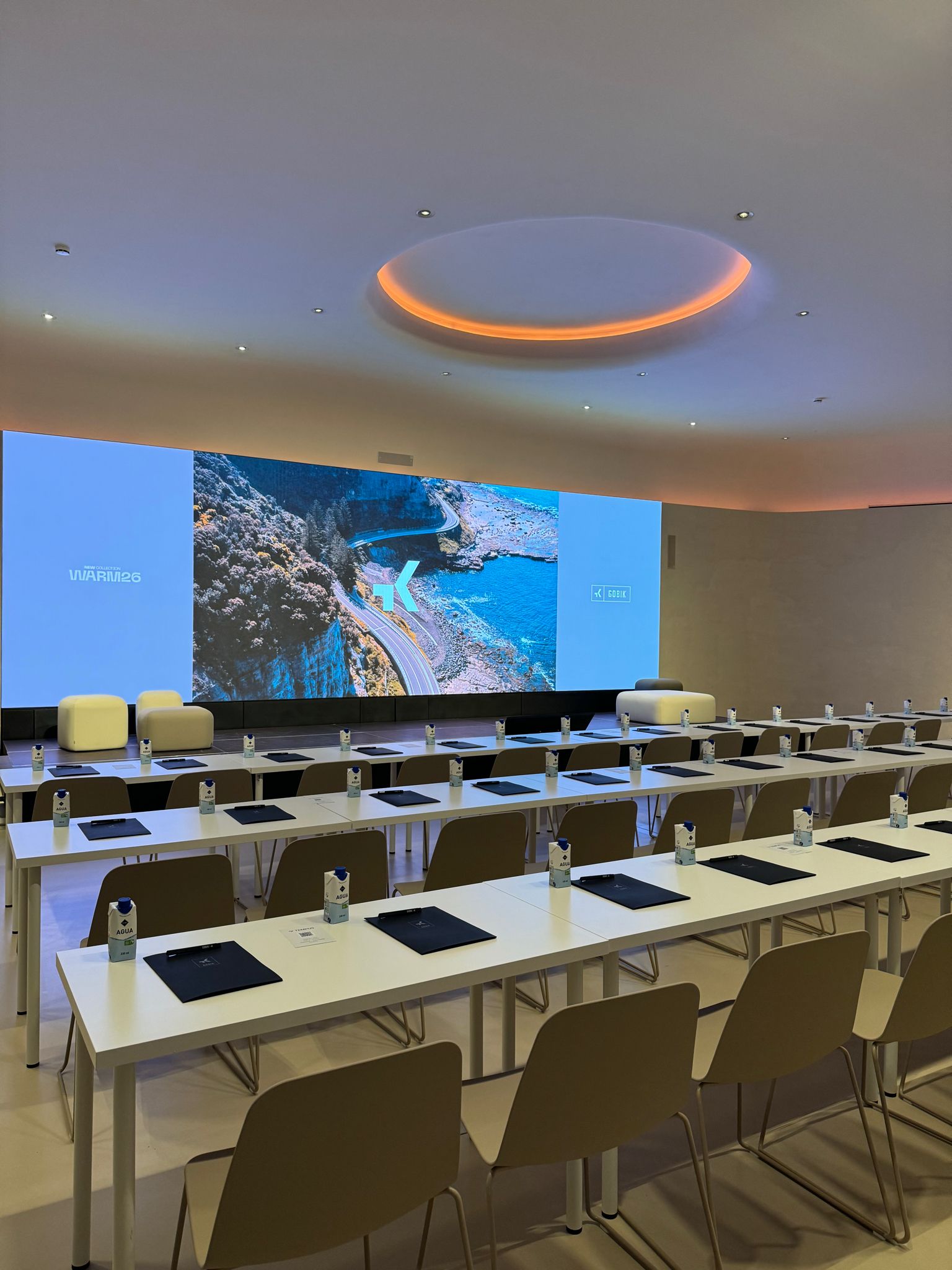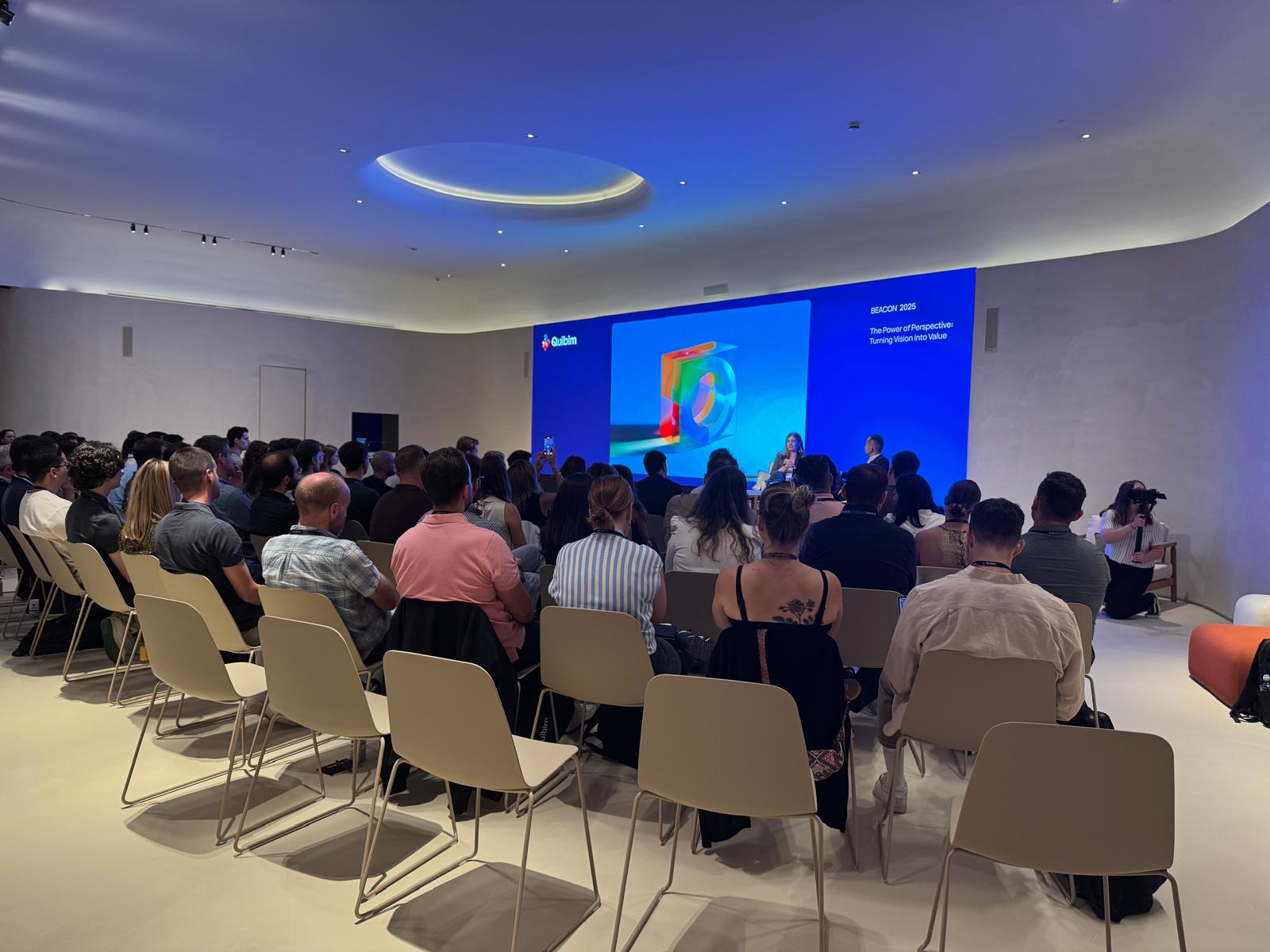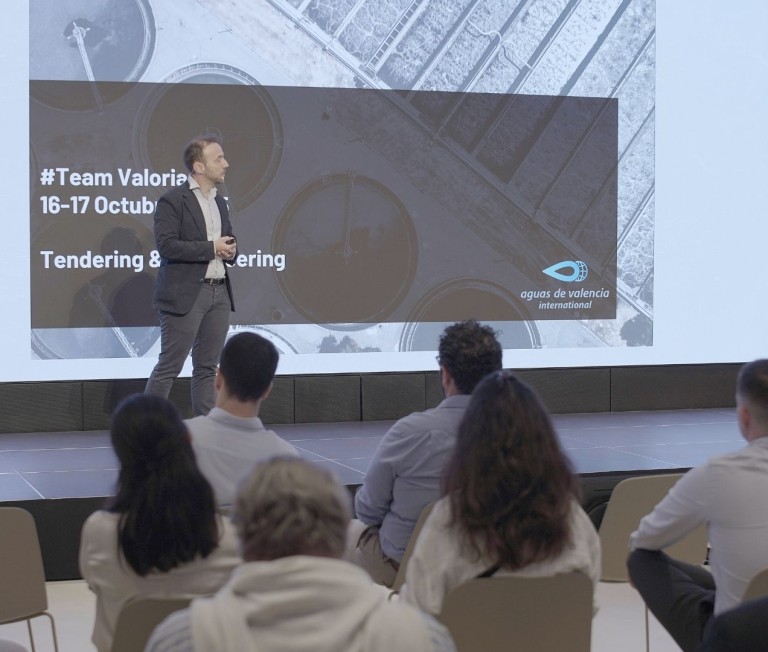Disadvantages of Virtual Corporate Events
Despite their many advantages, virtual corporate events also present some challenges that companies must consider when planning their event strategy. Below are some of the main drawbacks:
Lack of Face-to-Face Interaction
While virtual platforms facilitate communication, they cannot replicate the direct physical interaction experienced in an in-person event. The lack of personal contact may cause some attendees to feel disconnected or less engaged, especially during networking activities or collaborative sessions. Face-to-face interaction is important for building deeper and more genuine relationships, and the absence of this in a virtual event may limit this aspect.
Dependence on Technology
Virtual events are completely dependent on technological infrastructure, which can cause issues if there are internet connection failures or platform malfunctions. Participants may face technical difficulties, such as audio or video problems, which disrupt the flow of the event. Moreover, connectivity issues may limit participation for some attendees, particularly if they have limited internet access or inadequate devices.
Difficulty Maintaining Attention
One of the main drawbacks of virtual events is the difficulty in keeping participants' attention. Since attendees are in their own environments and often surrounded by distractions, it can be more challenging to maintain focus during a virtual event, especially in long or monotonous sessions. The lack of physical interaction can cause participants to lose interest more quickly.
Sensory and Experiential Limitations
Despite advancements in virtual event technology, sensory experiences such as sounds, smells, or touch cannot be effectively replicated. In-person events offer a sensory dimension that virtual events cannot match, which may limit the impact of certain experiences, such as product launches or art exhibitions.
Enhanced Interactivity and Virtual Networking
Our virtual events allow participants to connect with each other through chat rooms, real-time video calls, discussion forums, and live presentations. This fosters deeper and more meaningful interactions, even without physical proximity. Additionally, we provide dedicated virtual spaces for networking, allowing attendees to efficiently establish business or professional connections. This type of interaction is key to building an active and engaged community, fostering long-term relationships that extend beyond the event itself. For activities like these, the concept of hybrid events has gained momentum, combining the best of both in-person and virtual events.
Sustainability and Corporate Responsibility
Bellver Blue Tech Zone is committed to hosting events that are not only innovative but also sustainable. Our virtual spaces use technologies that minimize environmental impact by reducing the need for travel and physical resource consumption. This way, we facilitate global participation and help companies meet their environmental goals, promoting sustainability through digitalization. This commitment to sustainability is also reflected in corporate event trends, where companies are increasingly seeking eco-friendly and responsible options.
The Future of Virtual Corporate Events: Innovation and Adaptability
As virtual corporate events continue to evolve, Bellver Blue Tech Zone stays at the forefront, adapting its offerings to the changing needs of companies. The ability to customize and adjust events according to the audience type and the company's goals is key to creating experiences that truly resonate with participants. In this regard, experiential events are becoming more relevant, offering attendees an immersive and meaningful experience.






